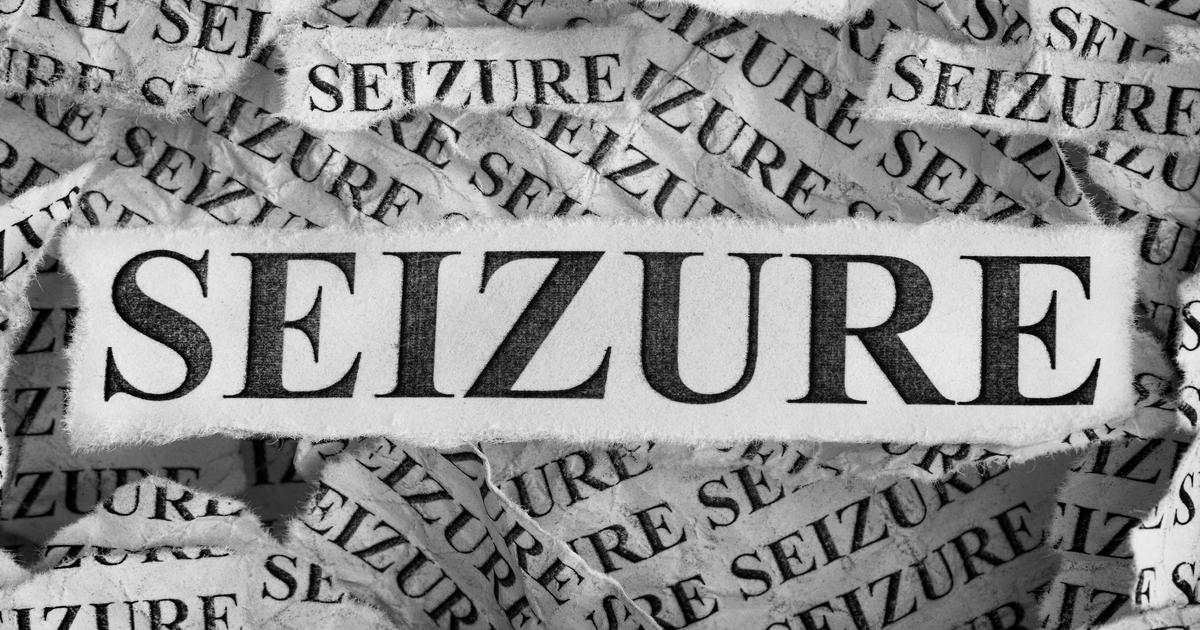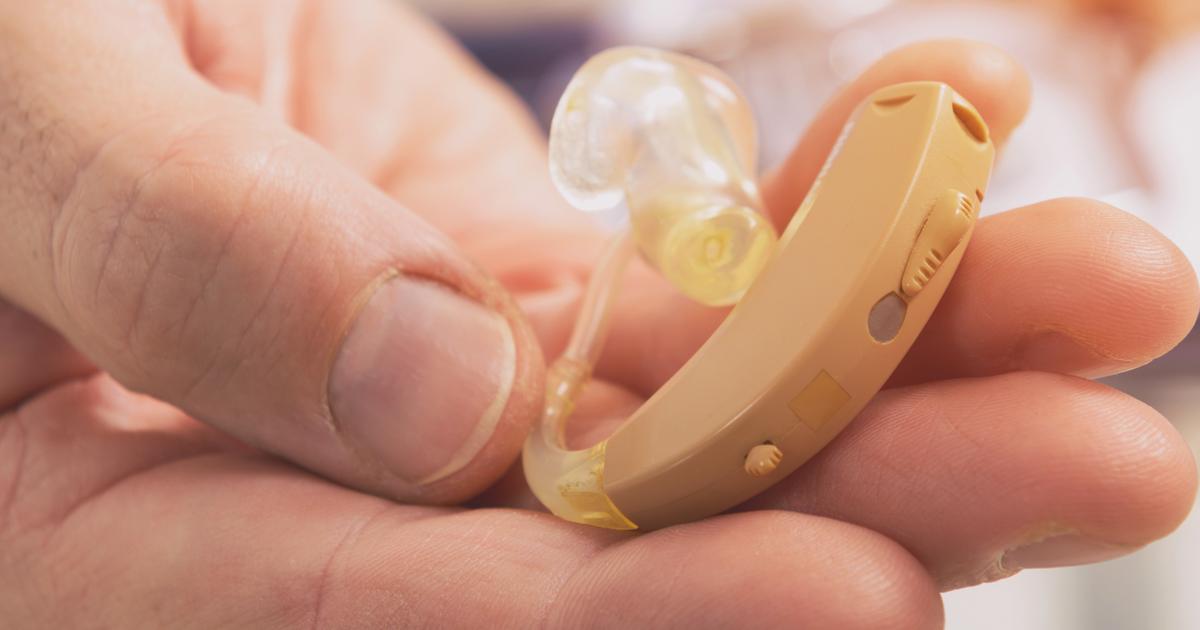Overview Of The Causes And Complications Of Meningitis
Seizures

Seizures can occur as a complication of fungal and bacterial meningitis, and patients may also develop them in the later stages of the condition. Patients who have survived bacterial meningitis may later develop epilepsy. Focal seizures are the most common seizures in meningitis survivors. These types of seizures affect one part of the brain, and they can occur while a patient is still conscious (simple focal seizure) or while they are unconscious (complex focal seizure). Patients experiencing any type of seizure could notice a sense of fear or anxiety, and some individuals also report a feeling of deja vu. Uncontrolled jerking movements of the arms and legs may occur, and patients will normally be confused after the seizure. Certain types of seizures may cause the patient to appear as if they are simply staring off into the distance with a blank expression. Seizures can be diagnosed with an electroencephalogram and MRI scans, and patients identified as epileptic will typically be treated with a combination of anticonvulsants.
Uncover more complications of meningitis now.
Hearing Loss

Meningitis is capable of causing hearing loss. In fact, thirty percent of the bacterial meningitis cases recorded in the United States cause some level of hearing loss. More than three percent of young people in the United States with hearing loss had meningitis as children. The level of hearing loss can vary from mild to profound. Because bacterial meningitis increases the risk of hearing loss, patients need to talk to a hearing specialist after they have recovered to determine whether there was any effect. The hearing loss is caused by the loss of the inner ear's hair cells, which are responsible for picking up the vibrations from sound waves. If the damage to the structures of the inner ear becomes more complete, patients might experience profound hearing loss. Some individuals also experience tinnitus following meningitis, which is a ringing or whooshing in the ears. Hearing aids help remedy all but profound hearing loss cases.
Discover additional complications of meningitis now.
